Relapse can be a haunting aspect of addiction recovery. It’s not just the idea of it. It’s the reality. The fact that those cravings, that feeling in the evening, the flippant thought, any of these things could turn into a reality that threatens to undo sobriety. So how does outpatient for relapse prevention make a difference?
Even though a relapse doesn’t have to mean failure, it is still a deeply frustrating part of many people’s journey in recovery. That said, outpatient rehab offers a unique way to break free from this exhausting loop, bringing support, flexibility, and real-world practice to help you stay the course.
Let’s explore how outpatient treatment can guide you through the rough patches, helping you rebuild a life without the constant fear of relapse.
Can Outpatient for Relapse Prevention Make a Difference?
Outpatient rehab is for those who want to stay grounded without shutting it down. It lets you stay within the rhythm of your world—work, family, friendships—while giving you a structure to completely change your life. For people who’ve known (or fear) the setbacks of relapse, outpatient rehab has a special role to play:
- Recovery in the Real World
Outpatient programs let you face daily life head-on, with all its unpredictability, but with the support you need close at hand. Instead of avoiding triggers, you’re learning how to handle them, with guidance on how to manage cravings and cope in real time. It’s not easy, but it can be liberating to face real life every day and you’re not fighting alone. - Consistent Check-Ins
These regular meetings—therapy, group support, or relapse prevention classes—offer anchors in a turbulent sea. You’re accountable, and the guidance of these sessions helps keep your motivation strong when things get hard. This all happens in real time. If you struggle, you have a meeting in an hour to talk about it. - A Recovery Plan That Fits Your Life
Outpatient programs understand that no two lives are alike. They offer various levels of intensity tailored to your specific needs and relapse risks. Whether you need daily support or weekly sessions, outpatient rehab lets you choose what fits you best, meeting you where you are and helping you manage your particular triggers, challenges, and goals.
Outpatient Help for Relapse
One of the best things about outpatient treatment is that you don’t have to put your life on hold. Many of us simply have to work. We have family and responsibilities we can’t just leave behind. Outpatient rehab is created with this in mind and helps you find a balance. Outpatient for relapse prevention is a reality many have experienced.
Outpatient programs don’t just help with addiction; they guide you in creating a whole, resilient lifestyle where work, family, and wellness can coexist. Facing everyday stresses while learning coping skills builds strength. It is a unique one that not only helps you feel solid and steady in yourself but it also helps prevent relapse.
Building Living Recovery with Outpatient Treatment
The small, steady actions of each day add up. Outpatient treatment encourages healthy routines that act as anchors, from exercise and meditation to a better night’s sleep.
These routines may seem simple, but they’re profoundly protective, especially when you’re facing down the challenge of staying on track. Recovery isn’t just about surviving the hard moments; it’s about building habits that help you live well every day.
Real Life Recovery
As well, when you are living your life, outpatient addiction treatment will include individual therapy. These one-on-one sessions help you uncover the roots of your addiction and create strategies for managing triggers in ways that honor your unique strengths and needs. This changes how you act when you get home that evening.
Then there’s group support, a shared space where you can connect with others walking a similar path. There’s something uniquely healing in realizing you’re not alone in both struggles and victories. In these groups, you’ll find a place to share advice, offer encouragement, and know that others are with you.
Coping Skills that Make a Difference
Outpatient programs also emphasize building specific coping skills that help you manage cravings and handle high-risk situations. Whether through mindfulness, stress management, or even role-playing techniques, these skills are invaluable, giving you a reliable toolkit for those tough moments.
Education on outpatient for relapse prevention adds another layer of support, helping you recognize the signs of relapse—emotional, mental, and physical—before they escalate. With this awareness, you gain a vital opportunity to intervene early, pause, take care of yourself, and keep moving forward.
A Fresh Perspective on Recovery
Relapse doesn’t mean you’ve failed; it means you’re human. It’s an opportunity, difficult as it may be, to look again at what’s working and what isn’t. However, for some people, outpatient treatment can help keep relapses at bay.
It helps you face your life’s moments—full of triggers and habits—while getting direct help. For some people, it is exactly the boost they need to make the changes last.
If you or someone you care about is ready to break out of the cycle of relapse, outpatient treatment could be the next right step.
With the flexibility to fit your life and the strength to keep you grounded, outpatient rehab can help you find your way to a lasting recovery. Reach out today to learn more. Want to talk more? Call Peninsula Health Center today: 866-934-8228.






